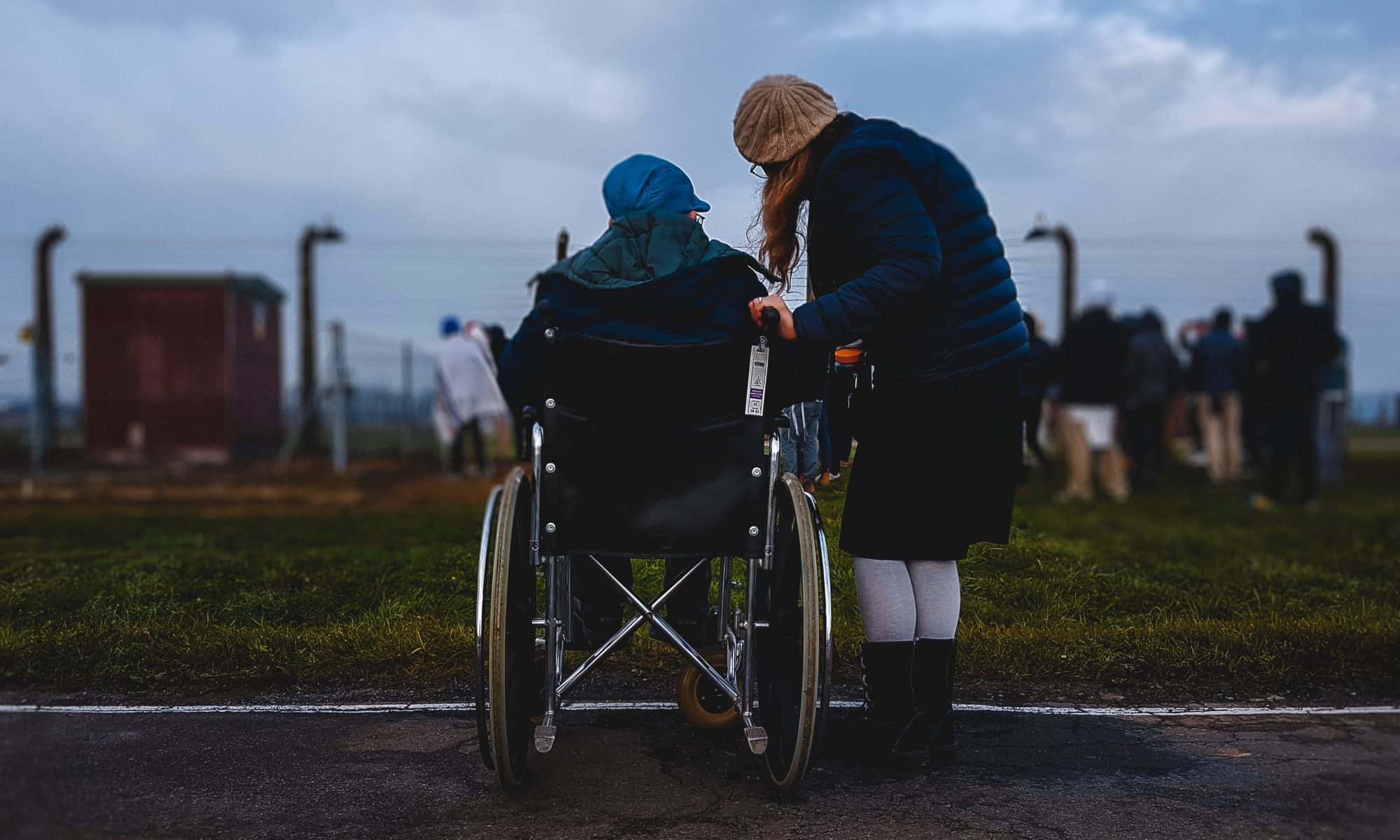In our field of promoting health, well-being and equity, I have seen many excellent and comprehensive strategies in various European states and regions. These strategies, however, should have led to much better health for everyone over the last decades. Unfortunately, the number of people suffering from chronic diseases is higher than ever before and health inequalities persist. We have to reflect on what we can do better, also in response to today’s complex societal challenges, like growing inequalities, ageing, migration and climate change. How can our health promoting strategies become more effective? I believe a large part of the solution lies in implementation, building capacities and empowering people to work together and to be more pro-active. The various articles in this 7th edition of our online Magazine highlight elements of implementation which are key to consider in our field.

In the article from Slovenia, we see that joined-up services are a potentially effective way forward. Ageing societies will inevitably make more demands upon health and social care systems, making it necessary to ensure that these systems join-up to work more efficiently and effectively.
The article from Fonds Gesundes Österreich (the Austrian Health Promotion Fund) describes their cross-government process that led to the development and implementation of 10 Health Targets. Working across sectors and services can provide new insights into what policies/initiatives work best to prevent disease and promote health for all.
The Dutch Centre for Healthy Living article demonstrates the usefulness of their online database as a means to capture effectiveness. Based on the type and quality of the study design of an evaluated good practice, they define three sublevels of effectiveness (first indications, good indications and strong indications for effectiveness). This work is crucial for the success of health promotion and will be replicated at a European level through the Joint Action on Chronic Diseases (CHRODIS). This article stresses the urgent need to tackle chronic diseases and highlights a European knowledge platform where good practices are also being assessed and presented.

We are excited to have the Luxembourg Institute of Health (LIH) as a new member. LIH’s ambition is to advance the evidence on major public health issues, such as cardio-vascular diseases as well as on health economics. This is crucial, as the more evidence on cost-effectiveness we have, the better we will be able to convince decision makers to invest in approaches to promote health and prevent diseases.
Last but not least, we need to continue to think “out of the box” and search for new and innova
I hope that the various articles of our Magazine provide further inspiration and please do not hesitate to contact us with updates on your own experiences. Only by sharing our approaches across Europe, can we learn and advance together!

Caroline Costongs
Caroline Costongs is Director of EuroHealthNet.

